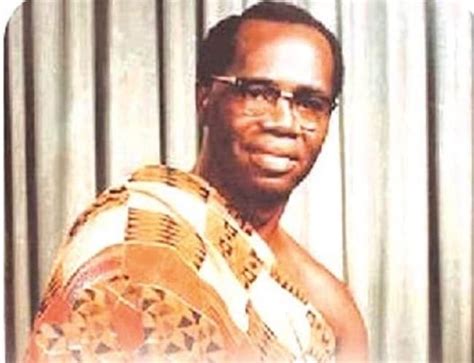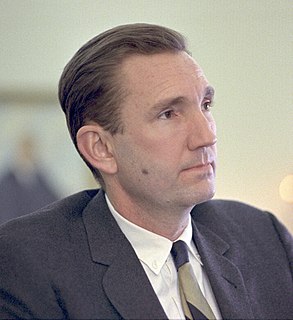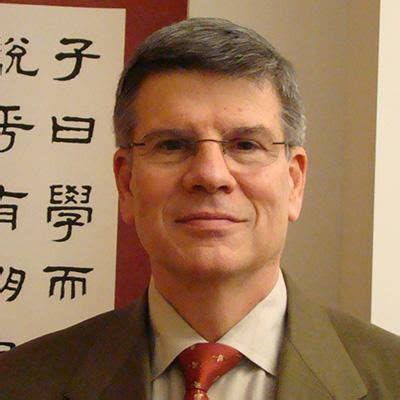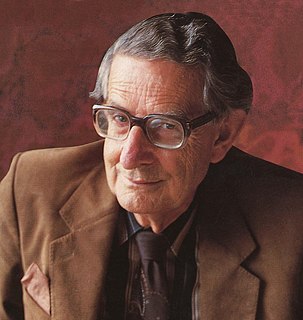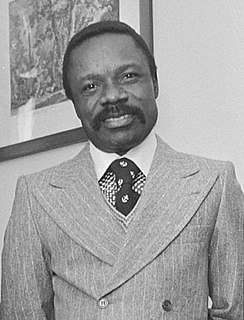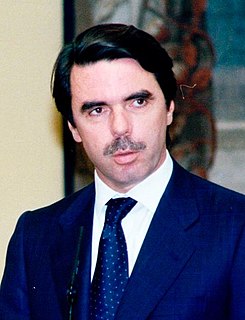A Quote by Kofi Abrefa Busia
I don't like hypocrisy-even in international relations.
Quote Topics
Related Quotes
Hypocrisy means deliberately pretending. None of us lives up to his ideals; none of us is all that he would like to be or all that he could be in Christ. But that is not hypocrisy. Falling short of our ideals is not hypocrisy. Pretending we have reached our ideals when we have not - that is hypocrisy.
Like other countries in the world, China must uphold its own sovereignty, territorial integrity and development interests. At the same time, we are willing to properly handle differences and disagreements in state-to-state relations in accordance with the basic norms governing international relations and the principle of mutual understanding, mutual accommodation, dialogue and consultation.
If the resources of different nations are treated as exclusive properties of these nations as wholes, if international economic relations, instead of being relations between individuals, become increasingly relations between whole nations organized as trading bodies, they inevitably become the source of friction and envy between whole nations.
It has always been my view that terrorism is not spawned by the poverty of money; it is spawned by the poverty of dignity. Humiliation is the most underestimated force in international relations and in human relations. It is when people or nations are humiliated that they really lash out and engage in extreme violence.
